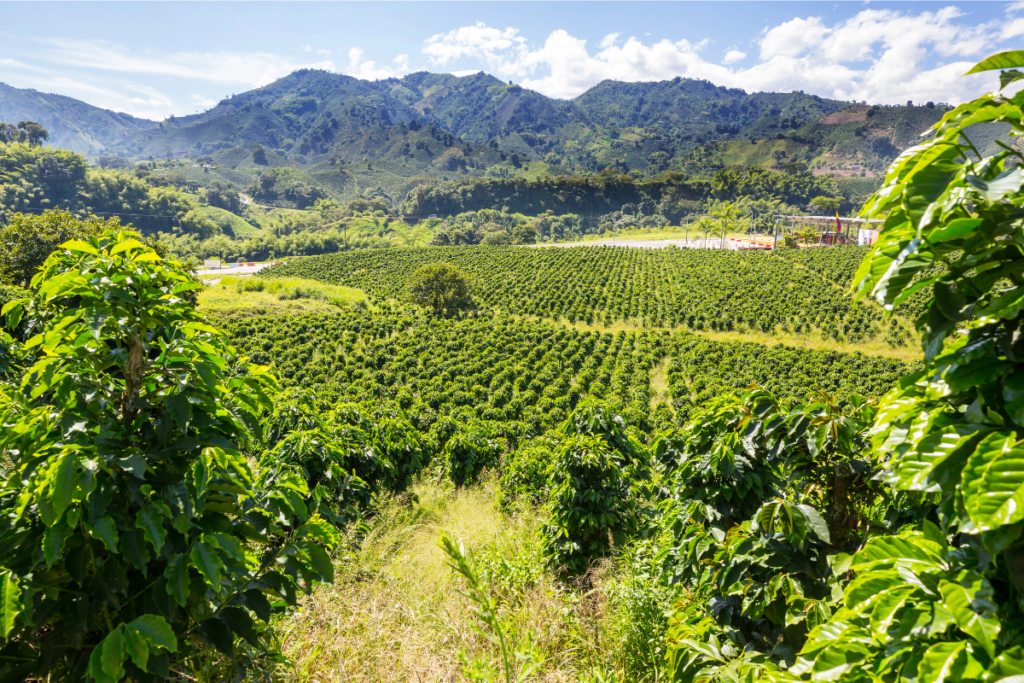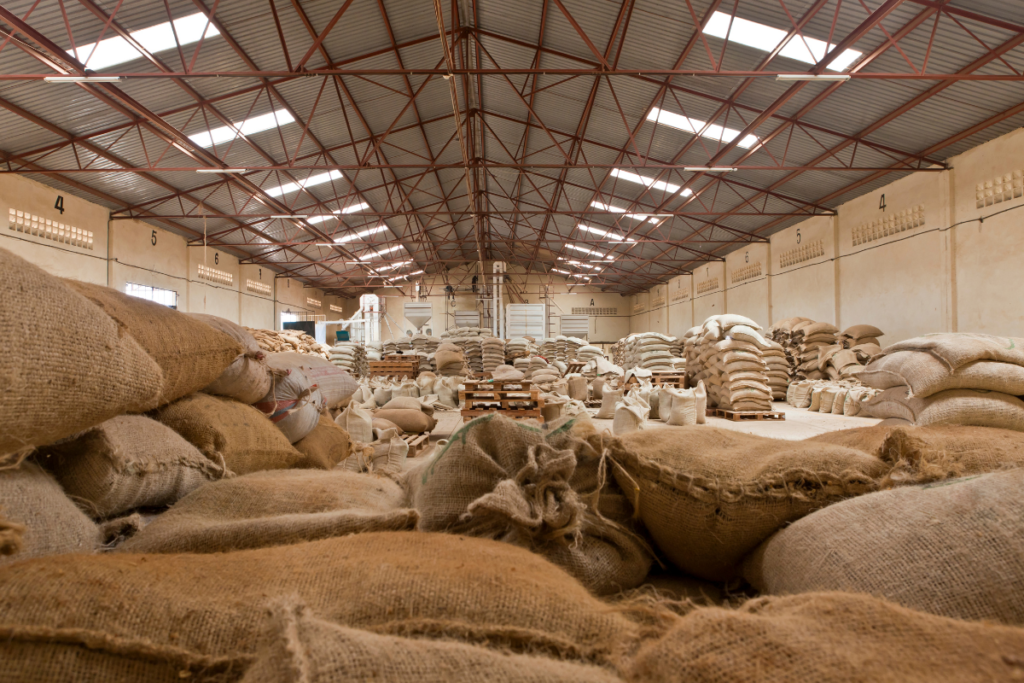
To reduce their environmental impact and promote social responsibility, specialty coffee roasters can implement several strategies:
- Source sustainable specialty green coffee beans: Roasters can source specialty green coffee beans grown using sustainable agricultural practices, such as shade-grown or organic coffee. This not only helps protect the environment but also ensures fair pricing and safe working conditions for producers.
- Recycle and reduce waste: Specialty coffee roasters can recycle packaging materials, use biodegradable packaging, and offer customers the option to bring their own reusable containers. This reduces waste and demonstrates a commitment to social responsibility and sustainability.
- Reduce water use: Specialty coffee roasters can use water-efficient equipment and implement water conservation practices, such as capturing and reusing water used in the roasting process. This helps conserve water and reduce costs associated with water use.
- Manage specialty green coffee inventory effectively: Proper storage and inventory management of specialty green coffee is crucial to maintain quality and freshness. This includes using cleaning and sorting systems to ensure consistency and reducing waste and labor.
- Invest in energy-efficient machines: Electric-powered roasters are becoming increasingly popular due to their low emissions, ease of use, and rising quality. This is a viable alternative to traditional roasters and can help reduce emissions and costs.
- Focus on sustainable coffee roasting: Sustainable coffee roasting aims to reduce emissions, energy consumption, and waste as much as possible. This includes considering the environmental impact of roasting, from the specialty green bean to the final product.
- Band together for the future of the industry: Coffee roasters can share best practices and work together to address the challenges faced by the industry, including environmental concerns and the need for global solutions.
- Implement sustainable practices in single-origin coffee production: Sustainable practices, such as direct trade and ethical sourcing, can enhance the quality and sustainability of single-origin coffee production. This includes innovative farming techniques, country-level initiatives, and investments in local communities.
By implementing these strategies, specialty coffee roasters can significantly reduce their environmental impact, promote social responsibility, and contribute to a more sustainable and equitable specialty coffee industry.


